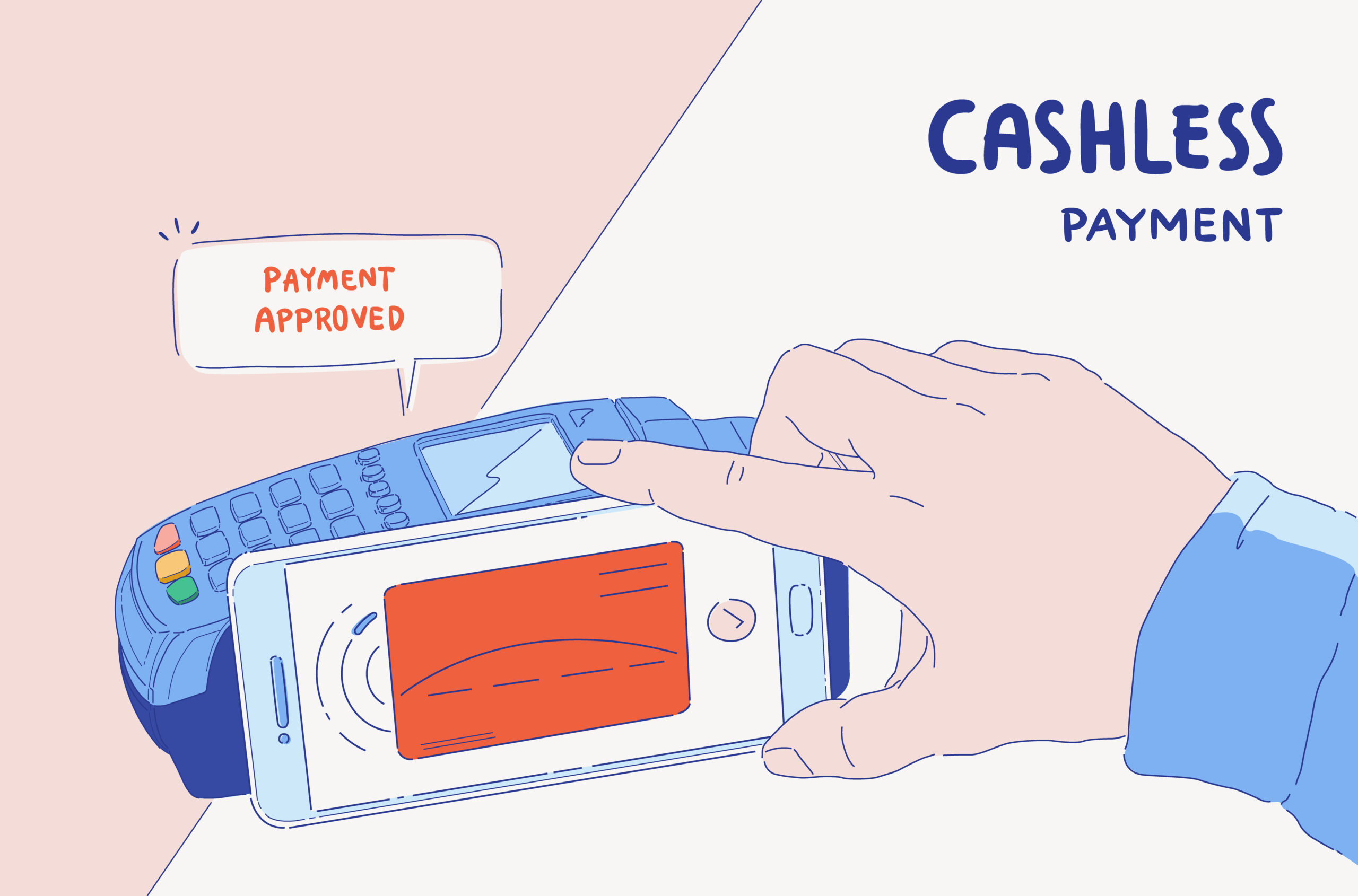With more transactions taking place online, the consumer world is moving closer to a cashless society. Many businesses prefer not to accept cash during the COVID-19 pandemic because it has the potential to carry and spread the virus. But older adults may be having a harder time adjusting to using electronic payment in place of cash or checks.
Mobile banking and payments are commonplace among younger adults. Wages are deposited electronically and debit and credit cards are stored on smartphones. Low income and elderly adults are more likely, however, to be negatively affected by the shift to more electronic transactions. Because so many scams target seniors who may not be as savvy about how to protect their online activity, older adults can be at risk for identity theft and other forms of fraud.
Although paper money may carry bacteria and viruses, by washing hands after handling bills or coins and keeping hands away from the eyes, nose, and mouth, cash can still be used safely. Handling a credit card, smartphone, or point of sale system could also lead to infection if recommended hygiene practices are not followed.
In China and Korea, banks have been ordered to disinfect cash with ultraviolet or heat treatments and stored for 14 days before returning it into circulation. However, according to a recent CNBC News report, decontaminating paper money is unlikely to have a significant impact on preventing coronavirus infection. Good hand hygiene, especially before eating or handling food, is a more reliable way to lower the risk of transmitting the virus.
Older adults can protect themselves while making online purchases by using a secondary credit card with a low limit or a debit card that only can withdraw from available funds, limiting the opportunity for large-scale fraud. Talk with your financial institution about how to best protect yourself and keep your money safe.
Read more about how a cashless society may discriminate against the elderly and the poor by following this link to a recent University of California, Berkeley blog post.






Add Your Voice
0 Comments
Join the Discussion